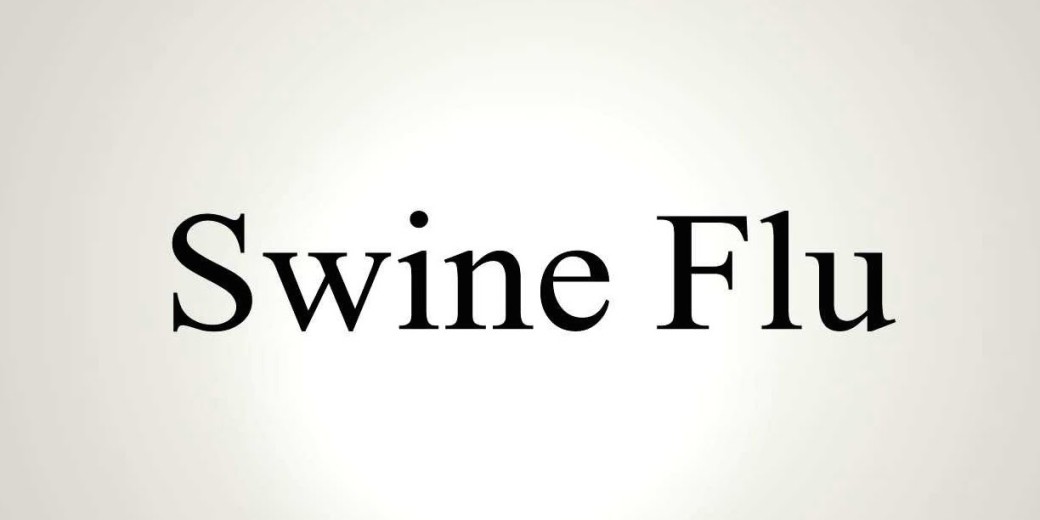(H1N1) -Swine Flu

H1N1 flu is also known as swine flu. It’s called swine flu because in the past, the people who caught it had direct contact with pigs. That changed several years ago, when a new virus emerged that spread among people who hadn’t been near pigs.
Causes of Swine Flu:
Swine flu is contagious, and it spreads in the same way as the seasonal flu. When people who have it cough or sneeze, they spray tiny drops of the virus into the air. If you come in contact with these drops or touch a surface (such as a doorknob or sink) that an infected person has recently touched, you can catch swine flu.
Swine Flu Symptoms:
People who have swine flu can be contagious one day before they have any symptoms and as many as 7 days after they get sick. Kids can be contagious for as long as 10 days.
Most symptoms are the same as seasonal flu. They can include:
• cough
• fever
• sore throat
• stuffy or runny nose
• body aches
• headache
• chills
• fatigue
It’s hard to tell whether you have swine flu or seasonal flu, because most symptoms are the same. But a lab test is the only way to know for sure. ( PCR for H1N1 is available in Many labs in Egypt )
How Is Swine Flu Treated?
Some of the antiviral drugs that are used to treat seasonal flu also work against H1N1 swine flu. Oseltamivir (Tamiflu) and Zanamivir (Relenza) .
These drugs can help you get over swine flu faster. They can also help keep it from being too severe. They work best when taken within 48 hours of the first flu symptoms, but they can help when taken later.
Antibiotics won’t help, because flu is caused by a virus, not bacteria.
Vaccine for Swine Flu:
The same flu vaccine (available in the Egyptian market under the name Vaxigrip) that protects against seasonal flu also protects against the H1N1 swine flu strain.
Besides a flu shot, there are other things you can do to stay healthy:
• Teaching children about cough and sneeze etiquette: a) Cover their mouth and nose with a tissue when they sneeze or cough, then dispose of the used tissue appropriately. Wash their hands with soap and water, and dry thoroughly; or b) Cough or sneeze into their upper sleeve, or elbow, not into their hands. Then wash their hands with soap and water, and dry thoroughly.
• Clean and disinfect surfaces and objects that may be contaminated with germs. Ensure staff washes and dry hands after contact with soiled tissues or contact with nose and throat discharges.
• Avoid people who are sick.
Don’t panic:
• In general, the majority (about 90%-95%) of people who get the disease recover with no problems.
• Although there is no reason to panic, there is good reason to get vaccinated and seek prompt medical care for flu symptoms.
• Swine Flu which has a much lower mortality rate than Seasonal flu which is around 0.1 percent.
• You are always going to meet some people who will become hysterical, withdraw their kids from school which is not the right thing to do.
• Parents should not take children out of day care or school as long as they are implementing all the necessary hygienic measures and infection control protocols.
Wishing you all a healthy life,,
Dr Mohamed Ghandour
